| Content | | | Boot Dal is rich in calcium, iron, magnesium, folic acid, vitamin B, and potassium. In addition, Boot Dal contains a large number of important elements such as protein, iron, zinc, manganese, fiber, copper, folate, and molybdenum, which are very important for our body's health. These pulses are as tasty as they are nutritious. | Here are the benefits of coriander seeds from a report published on a nutrition website.
Aids in digestion: Coriander helps in relieving digestive problems like flatulence, gastric, diarrhea, vomiting, etc. It contains dietary fiber and antioxidants. They produce digestive hormones and improve liver function.
Lowers Cholesterol: Coriander lowers bad cholesterol levels and increases good cholesterol levels. This spice is rich in zinc and other minerals that increase the 'RBC' or red blood cells and keep the heart healthy. Coriander also helps in digestion.
Diabetes Relief: This tiny seed promotes weight loss and unwanted fat. It is a good source of antioxidants and essential vitamins; Which help in blood sugar control. Drink a drink made with coriander in the morning to maintain blood glucose levels. It also helps in weight loss.
Keeps skin and hair healthy: Coriander seeds contain vitamins K, C, B, and antioxidants. There are also various minerals. They are beneficial for skin and hair.
Adding coriander to your daily diet can bring back the glow of the skin. Because it slows down wrinkles on the skin and protects against allergies and redness. It slows hair growth as well as premature graying. | Strengthening Bones: Hand-Made Native Puffed Rice is a source of vitamin D, riboflavin, and thiamin. It contains calcium, iron, and fiber. So bones and teeth become strong by eating Puffed Rice. Maintains Blood Pressure Equilibrium: Hand-Made Native Puffed Rice helps to increase the sodium content in a very small amount. | Hydroponics is described as the process of growing plants or crops in water without the use of soil. Through the Hydroponic Process, plants grow in water containing nutrients. Examples of this type of hydroponic systems includes NFT (nutrient film technique) systems and deep-water float systems where plant roots are set in nutrient solutions. Another definition of hydroponic is growing plants without soil. Hydroponics eliminates soil and soil-borne pests and disease, so there is no need to use large amounts of pesticides. This, in turn, reduces soil erosion as well as air and water pollution. Pesticides from traditional soil-based agriculture run off into rivers and streams, harming fish populations. Hydroponics is not only beneficial to your health, but it is also beneficial to the environment. As previously stated, it is a more sustainable method of growing vegetables, so it has a lower environmental impact. Hydroponic gardens can also help to improve air quality. |








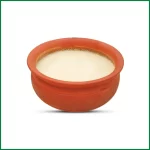
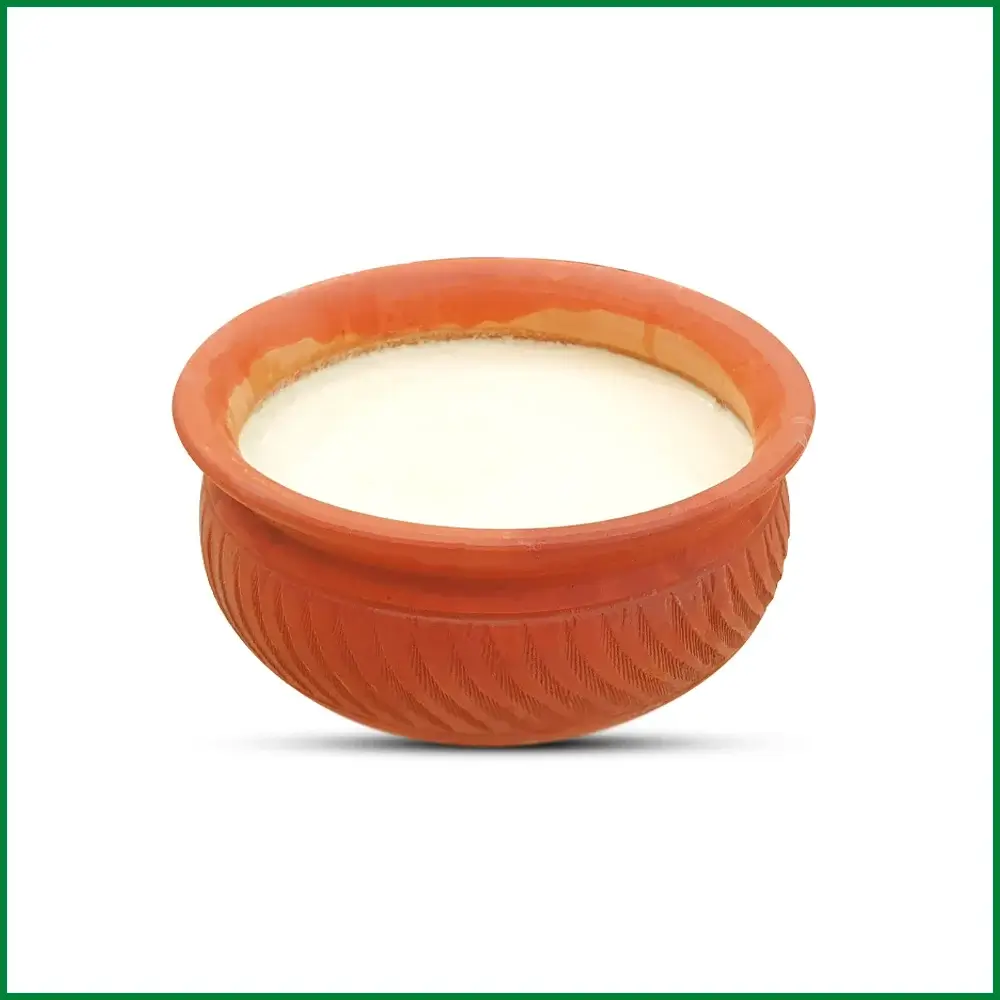
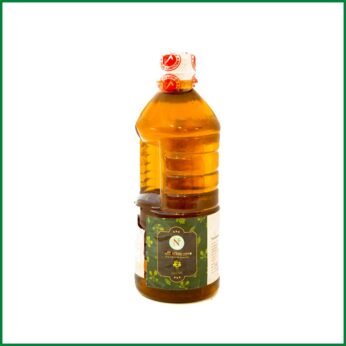
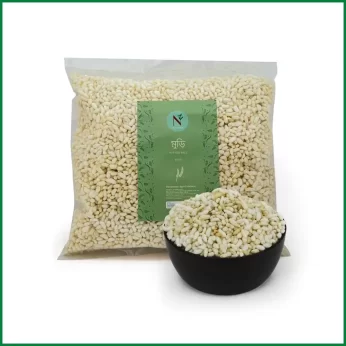
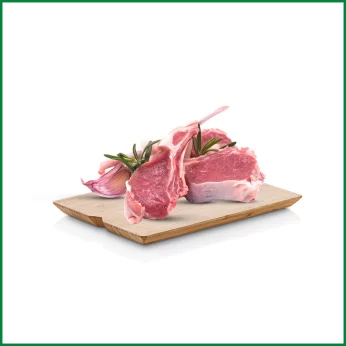
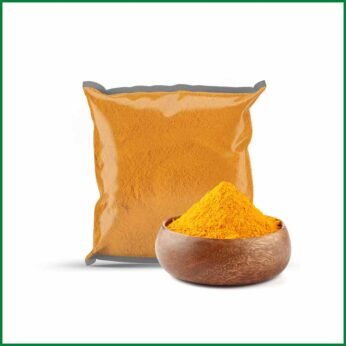
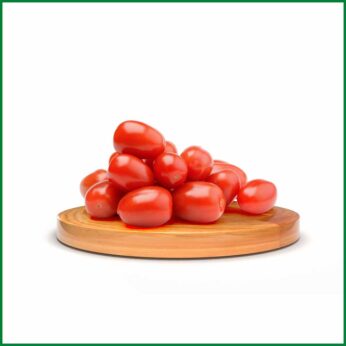
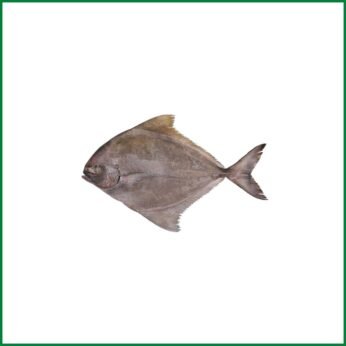
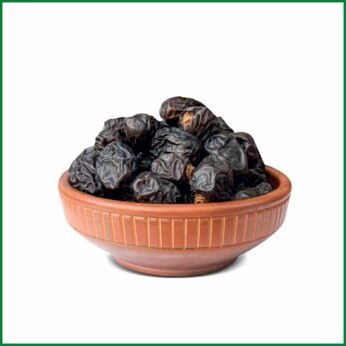
Reviews
There are no reviews yet.